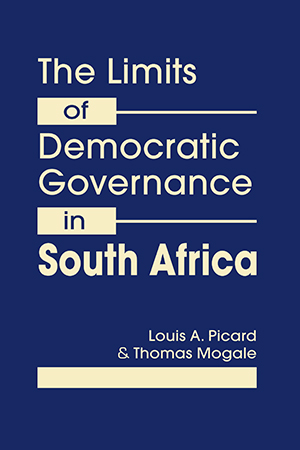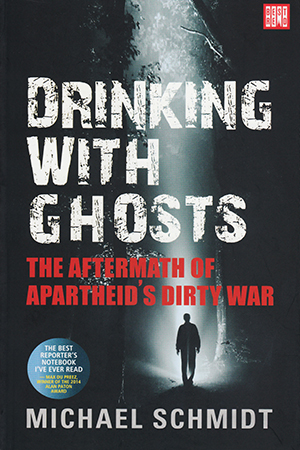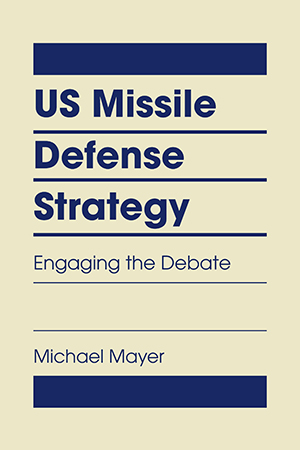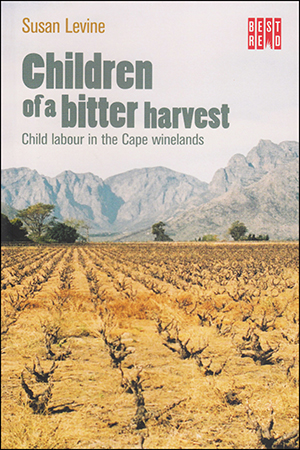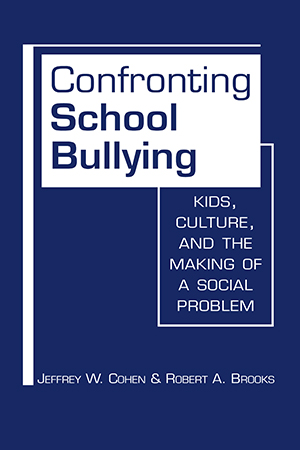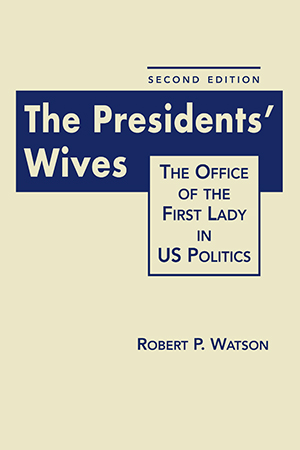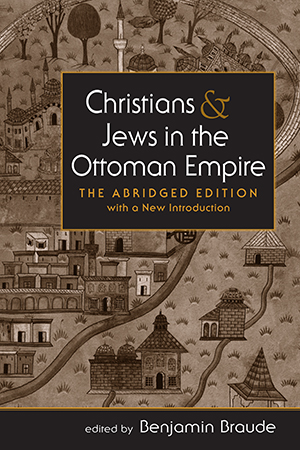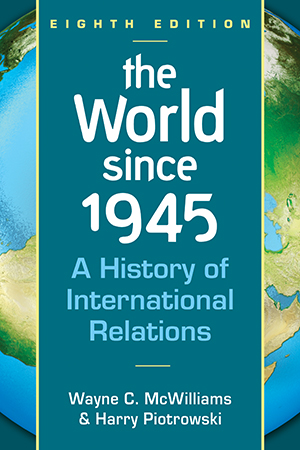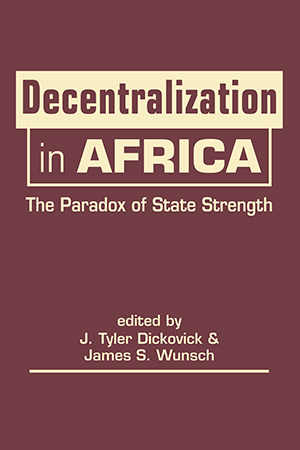BOOKS
In the transition from apartheid rule to democratic governance in South Africa, what has been the impact on South African society at its base—on the people in the country's cities, More >
Veteran journalist Michael Schmidt explores of the dark corners of South Africa's past, tracing the strains of secrecy, violence, and abuse of privilege that reverberate even today in More >
Why has the United States continued to develop ballistic missile defenses in an era of irregular warfare and asymmetric terrorist threats? How does missile defense contribute to US global More >
This book is part of a unique series that presents the reader with the original writings and relevant source texts of liberation heroes of Africa, together with a coherent contextual More >
Sharing more than a hundred interconnected stories, Susan Levine memorably documents moments in the everyday lives of children who worked in the heart of South Africa's wine industry More >
Is bullying an innocent part of growing up ... or a serious problem requiring large-scale policy remedies? What is behind our rapidly changing perceptions of "acceptable" More >
Robert Watson's groundbreaking study on the presidents' wives proved that the first lady can be an influential force in presidential politics and is a subject worthy of scholarly More >
How did the vast Ottoman Empire, stretching from the Balkans to the Sahara, endure for more than four centuries despite its great ethnic and religious diversity? The classic work on this More >
New emphasis on the impacts of globalization, events in the Middle East, and political and economic changes in East Asia—as well as new information and maps throughout—are among More >
In recent decades, laws passed by African governments to transfer power and resources to local and other subnational governments (SNGs) have been greeted by many in the policy community with More >



